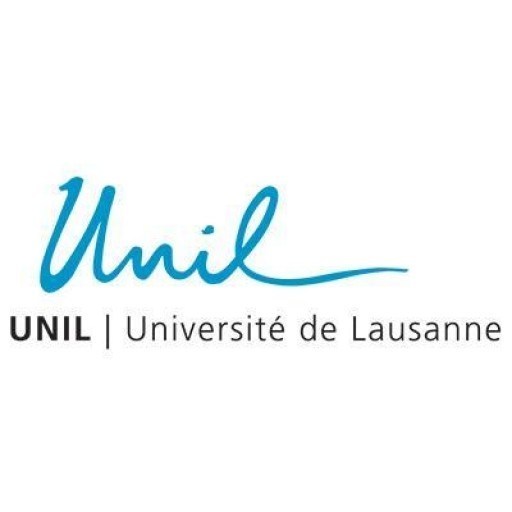Photos of university / #unizh
Biostatistics as a scientific discipline is driven by a strong interaction between problems from biomedical research and rigorous mathematical analysis. Complex scientific challenges require the development of new and appropriate statistical methods. Currently such challenges emerge, for example, in environmental and infectious disease epidemiology, personalized and evidence-based medicine and especially in the rapidly expanding fields of molecular life sciences, e.g. genomics, proteomics, epigenomics.
The Master Program in Biostatistics leads to a so called "specialized" master, implying that it is a useful and direct continuation of a bachelor degree in all fields that include quantitative aspects. It is based on the cooperation between the Institute of Mathematics and the Department of Biostatistics of the Epidemiology, Biostatistics and Prevention Institute of the University of Zurich (UZH) and offers the only - to date - specialized program for the training of biostatisticians in Switzerland.
Carreer outlooks for biostatisticians are generally excellent, as for statisticians and professionals with quantitative skills in general. Graduates of the program will be highly qualified for an occupation at universities or research institutes and in the pharmaceutical industry.
The required 90 credit points (CP) have to be gained from compulsory modules (Pflichtmodule), elective modules in statistics/biostatistics (Wahlpflichtmodule, these can in certain cases be in mathematics) and, elective modules in a field of science (Wahlmodule). Note that one CP corresponds to approximately 30 hours of work.
Students are supposed to compile a study plan outlining which modules they plan to take in which semester and to have it approved by the scientific coordinator. A personal study plan is key to a successful participation in the program. The scientific coordinator will help to establish such a plan. The following table contains an example study plan, some of the modules shown below are not offered every year. Note that this plan is not binding (legally binding are only the conditions in the Academic Regulations of the Faculty of Science and of the Study Guide of the Master Program in Biostatistics).
| Semester | Compulsory modules | Elective modules |
|---|---|---|
| 1 (Fall) [26] |
|
|
| 2 (Spring) [30] |
|
|
| 3 (Fall) [35] |
|
- application form (xls-application form)
- motivation letter
- complete CV
- complete set of transcripts and diplomas: non-legalized copies are sufficient in the first step
- detailed description of all your undergraduate (and graduate) mathematical classes: not only the title but a least a table of contents, ideally with number of total contact hours and as much information as possible on the grading system for international applicants
- one letter of recommendation (sent directly to masterbiostat(at)math.uzh.ch)
- finance plan (containing costs vs. income, e.g. using budget sheets from Google Docs)
- proof of a sufficient level in English: where applicable
- optional: any additional information that might be relevant for the evaluation of your application (e.g. scientific or technical publications or awards, previous graduate studies, professional experience, reference letters etc.)
Expenses
Living expenses depend very much on the individual student. These figures should therefore be regarded as a guideline only (in CHF):
| Rent incl. heating | 550 |
| Additional expenses (telephone, internet) | 200 |
| Meals | 400 |
| Insurance | 250 |
| Travel | 80 |
| Clothing, laundry, personal items | 70 |
| Leisure, spending money | 150 |
| Teaching materials | 50 |
| Total | 1,750 |
The expected minimum cost of living for students therefore comes to a total of CHF 1,750 per month. Course fees come to around CHF 770 per semester.







